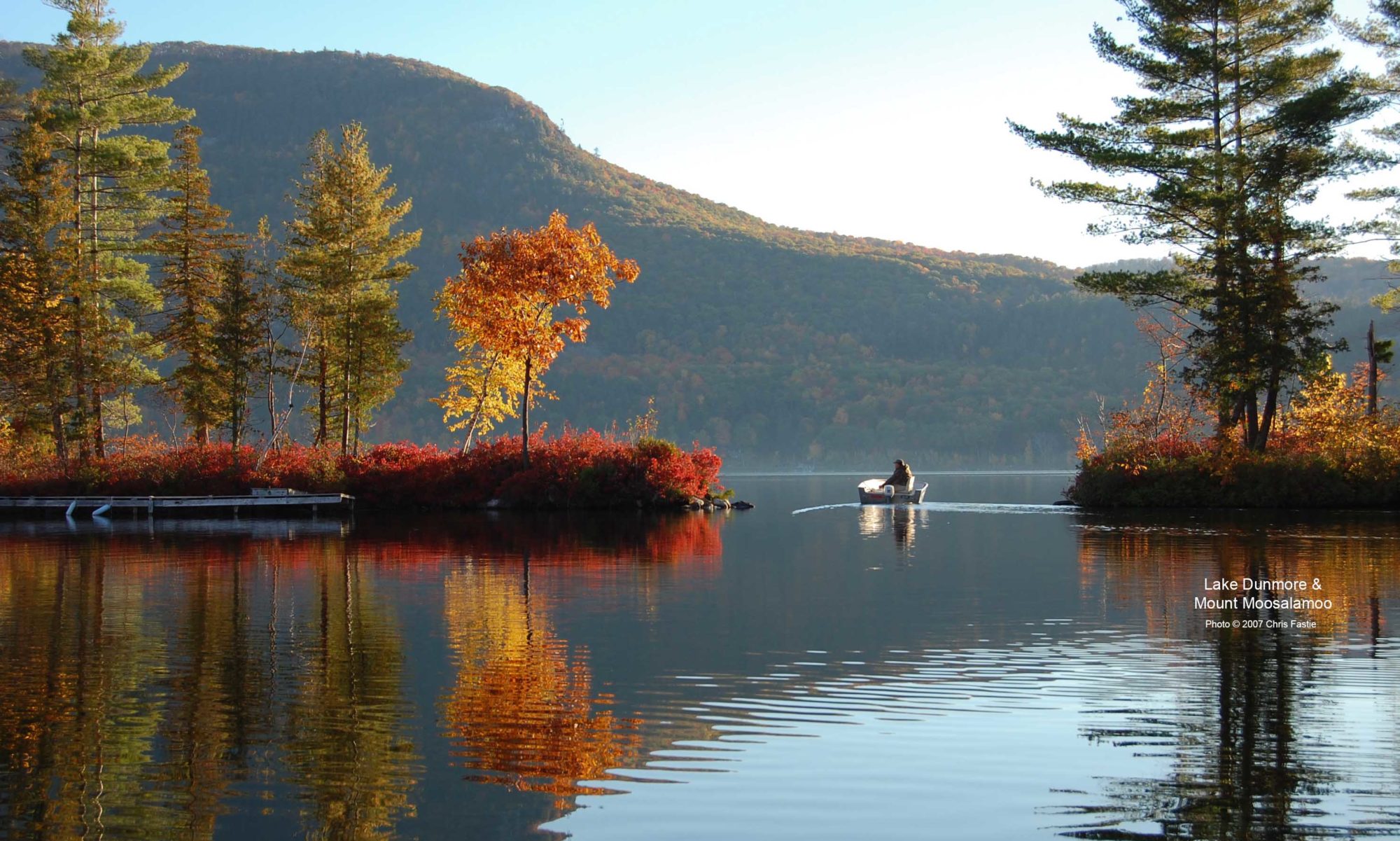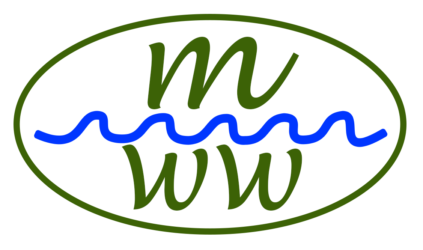I think a lot of people were surprised at yesterday’s Town Meeting in Salisbury. Our Moderator, Wayne Smith (one of five people present who have lived in Salisbury for more than 50 years), moderated a 20 minute discussion on Article 11 about whether to approve funding for BLSG. Moderator Smith warned us first that a lot of people might have something to say. Select Board Chair, Paul Vaczy, implored us to be civil and respect our neighbors’ ideas during the discussion. At least 11 people stood, held the microphone, and presented their opinion or question on the issue.

I had pen and paper ready to fact check. My plan was to eventually rise and point out any false or misleading claims made by the speakers. I was especially worried that some of the BLSG leadership’s old tropes (reducing arbovirus risk, preventing a repeat of the 1980s, following a “pollinator protection plan”) would be repeated. I never rose to speak.
I did not make any comment during the discussion because no misleading claims were made. To my surprise, when the discussion ended no one had said anything in support of BLSG. No one presented the reasons that they were planning to vote yes on Article 11 to fund BLSG. Everyone who spoke was opposed to funding BLSG or was searching for a way to change how BLSG operates, for example by using town funds to pay for larvicides instead of adulticides. No one argued that what BLSG does is effective, or safe, or worth the money they are asking for.
The position to “Vote NO on 11” carried the day. Almost. A few of us were shocked that when Moderator Smith ended the discussion on Article 11 he got in the last word. Smith lives on the shore of Lake Dunmore and does not opt out of roadside spraying. Before he introduced the next Article for discussion, he warned the crowd in a grave tone that if we vote no on Article 11, we would no longer be part of BLSG and would get no mosquito control of any kind. Smith has a right to express his opinion but doing so from behind his moderator podium was probably inappropriate. Smith’s ominous statement was also probably incorrect.
If the town votes no on Article 11, Salisbury will not have appropriated any money to pay BLSG during the 2020-2021 fiscal year. If that happens, BLSG may not provide any services in Salisbury during that year. BLSG’s by-laws state; “Failure of a town to pay in a timely manner may result in suspension of services to that town until payment is made.” There is no mention in the by-laws or the original 1978 municipal agreement about what may force or allow a town to leave the BLSG District. Failure to appropriate funds for BLSG will not automatically remove Salisbury from BLSG. In fact, it is reasonable to assume that Salisbury could remain a member of the mosquito control district and its two representatives could continue to sit as voting members on the BLSG Board of Trustees.
Other members of that board will not be happy with Salisbury’s insubordination and could possibly vote to remove the town from the BLSG District, but with no guidance from the by-laws it is not clear whether that would be legal. As Jeff Whiting, Vice Chair of the BLSG Board, said during the February board meeting; “At some point it becomes a negotiation.” In other words, if Salisbury votes to provide no funds to BLSG, the two parties may have the opportunity to negotiate a new agreement. This agreement could incorporate Salisbury’s desires to control mosquitoes differently from the way BLSG has always done things.
Another issue up for negotiation could be Salisbury’s equity in BLSG. BLSG owns several pickup trucks with pesticide sprayers. They own property and a building in Brandon. They own an Argo amphibious vehicle. Most of what BLSG owns was paid for with funds from the member towns. If Salisbury exits BLSG, does it receive a share of that equity? Maybe more importantly, if Salisbury exits without receiving any payout for its share of the equity, does it still have a claim to it? For example, if in the future Salisbury votes to rejoin BLSG would it be required to buy into that equity as Pittsford is doing now, or would a claim to its share of the equity still be valid?
These questions are not considered in any BLSG documents and could require fresh legal opinions. Other questions have more predictable answers. If Salisbury votes yes on Article 11 and appropriates $26,000 to BLSG, BLSG will be emboldened to continue offering its expensive and ineffective Band-Aid adulticide and incomplete larvicide treatments. On the other hand, if Salisbury votes no on Article 11, there is a possibility of more thoughtful, scientific, safe, and effective mosquito control.
This new plan could recognize that the area near Lake Dunmore, where outdoor summer recreation is economically important, deserves special consideration. Experts could devise a plan of high-resolution monitoring for adults and larval mosquitoes and micro-targeting of larvicide treatment. BLSG’s current ham-fisted strategy of fumigating the entire shoreline when people complain about mosquitoes could be replaced with a more strategic effort which meets the approval of everyone in the town.
No one in Salisbury thinks any change of this kind will happen if we approve BLSG’s funding for another year. Voting NO on Article 11 on Tuesday, March 3 might be the best path forward for everyone.

